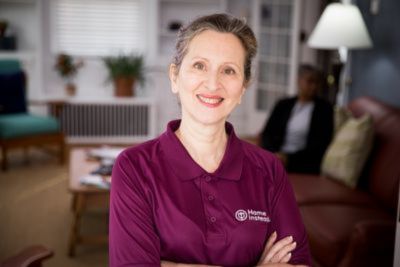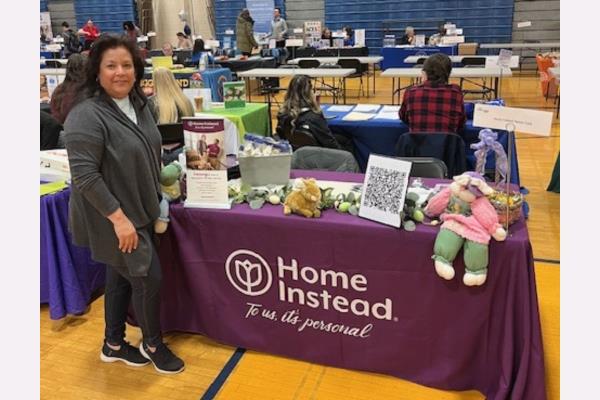Testimonial
Latest review from our local community
Robin was superb at listening to our parents' needs and provided us with the best caregiver ever! Kim has been amazing with them both, and super patient with early dementia issues, and other aging needs our parents have. In our more than a year of coverage, we never had to worry that they were getting the best care. Thank you!!!!
Home Instead 24 Hour Home Care & Live In Caregiver Services

In addition to our normal hourly home care services, Home Instead also offers 24 hour and Live In home care to deliver around the clock care in a manner that provides consistency, compatibility, and keeps your senior loved one in the comfort of their own home. Click here to learn more!
Personalized in-home senior care services
What is Home Care?
Home care made just for you
Home Care Services
Our home care services can help aging adults stay engaged in everyday life with tailor-made support by professional caregivers to stay safe and well at home. It’s our mission to provide a care plan personalized to your family’s needs to bring comfort, connection, and quality of life in the place that they love the most, their home.
Personal Care
Alzheimer’s Care
Hospice Care
Meal Prep
Professional Caregiver Careers



